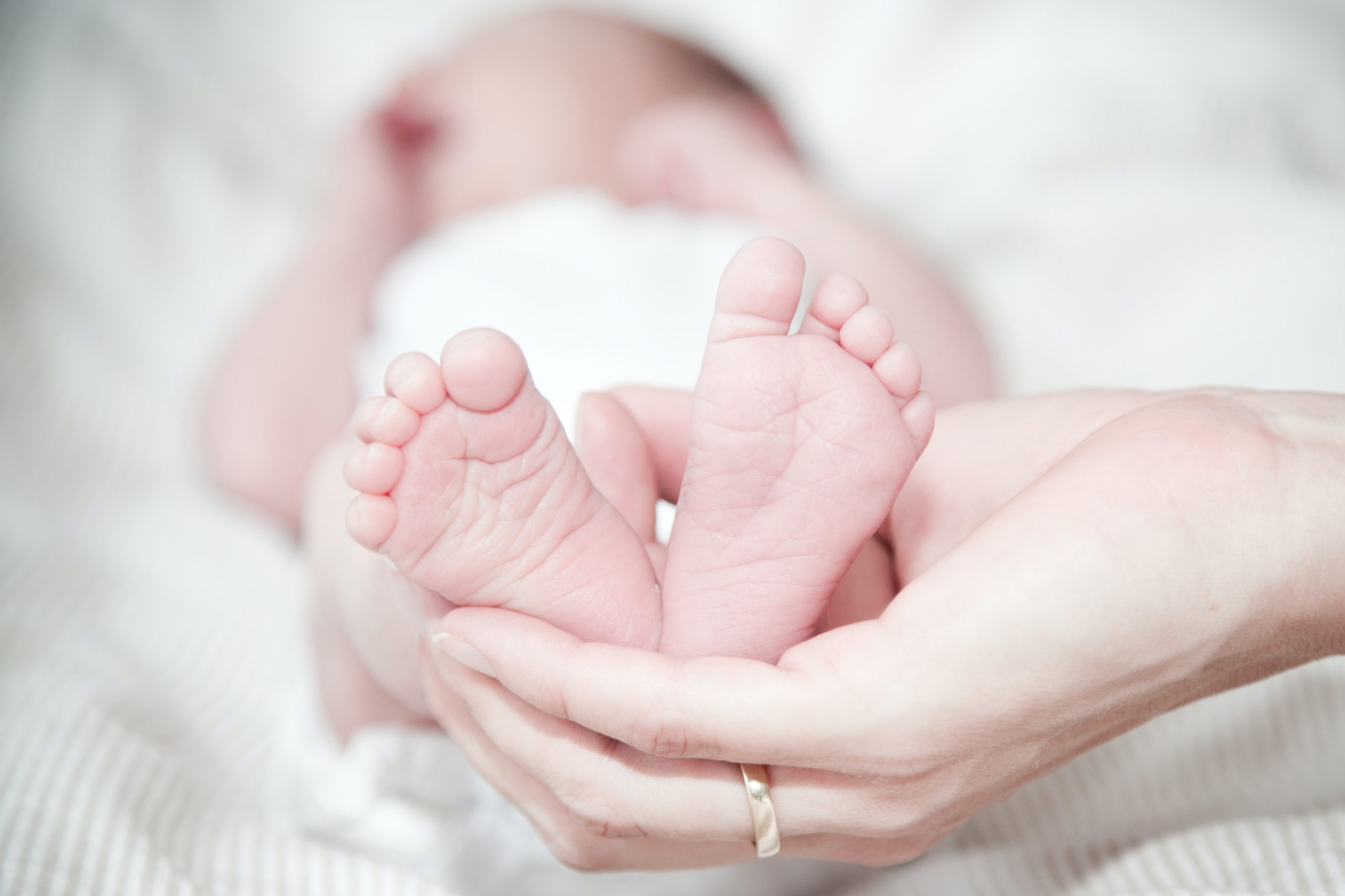
Birth policy has the merit of putting an essential issue at the center of political decisions: the renewal of generations.Continue reading

More than 300,000 children already have a Start securities account, also called the ‘Baby Bond,’ with the Hungarian State Treasury, the Secretary of State for Families of the Ministry of Culture and Innovation wrote on her Facebook page on Sunday. Ágnes Hornung noted that the amount deposited there earns interest at 3% above the average inflation rate of the previous year, and the payments are accompanied by a government subsidy that has doubled since last year.
The figures show that an increasing number of families are taking advantage of this opportunity to make it easier for their children to start their lives. “Nearly HUF 200 billion (EUR 500 million) is held in securities accounts,” the government official said.
She added that
all newborn children of Hungarian nationality automatically receive a HUF 42,500 (EUR 105) start-of-life allowance, which the Hungarian State Treasury deposits into a life savings account in the child’s name.
This amount bears interest on the deposit account at the rate of inflation.
If the parent, legal guardian, or other relative opens a Start securities account for the child with the Hungarian State Treasury, the amount of the start-of-life allowance is transferred to this account and continues to accrue interest in the Baby Bond, which has a higher annual return. In this case, parents and relatives can also increase the savings with their contributions. A 10% state subsidy is paid on the contributions and with a monthly contribution of 10,000 forints (EUR 25), people can already get the maximum state support, the Secretary of State indicated.
The Baby Bond, contrary to its name, can be opened not only for newborns, but also at any time up to the age of 18. The savings can be accessed from the day the child turns 18, but not earlier than the third year after the Start account is opened.
From January 1, 2018, thanks to the so-called “Umbilical Cord Program,’ Hungarian children living beyond the borders can also get the start-up allowance. A Start account can be opened for them in the same way, so the related state subsidies are available in the same way as for Hungarian children living in Hungary, said Ágnes Hornung.
According to Secretary of State, some 34,500 new Start securities accounts were opened last year, and the number of active ones exceeded 300,000 in December. Compared to the previous year, 2021, the number of new Start accounts at the Hungarian State Treasury has increased, with the number of such securities accounts transferred from credit institutions to the Treasury roughly doubling.
Ágnes Hornung also pointed out that the maximum amount of maternity leave payment (gyed) has tripled since 2010, while the maximum amount of child home care fee (gyod) has more than doubled in four years. She referred to the ministry’s statement that the government is defending family allowances despite the sanctions crisis, and that the amount of these allowances will increase further this year.
With the increase in the minimum wage, those receiving the so-called graduate child benefit, i.e. those who have a child during their university studies, can also expect a higher amount. In addition, the personal income tax exemption for mothers under 30 from January 1 will also apply to the amount of these childcare allowances, so that these benefits will be available at a higher net amount.
Moreover, since the rate of the childcare allowance has increased from 70 to 100 percent from 1 July 2021, women with children under 30 years of age can receive benefits equal to their previous gross salary thanks to the personal income tax exemption.
As a result of the increase in the minimum wage, the amount of child benefits for parents whose children are unable to provide for themselves has also increased since January 1. When it was introduced in 2019, the rate was HUF 100,000 (EUR 250) gross per month. In 2023, the amount of this allowance will increase to HUF 232,000 (EUR 580).
Featured photo via Pexels